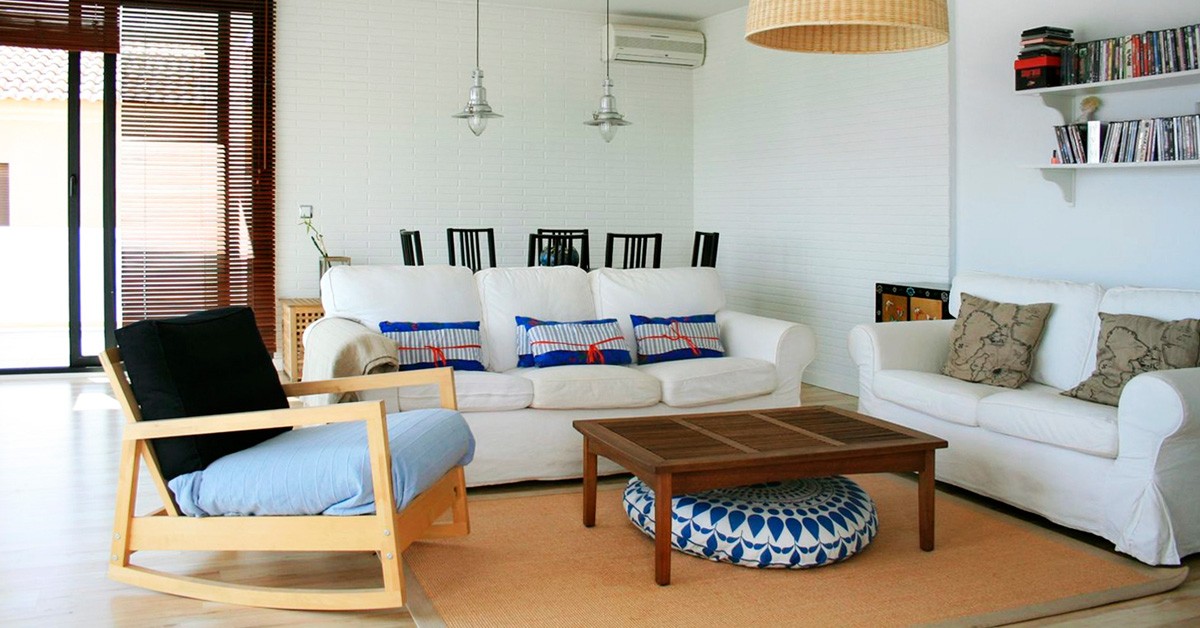
Original article written by houzz
Preferring to rent rather than buy a house is the growing trend in Italy – the lifestyle has become more and more globalised and people move more for work with their whole family. Renting has the advantage of being less demanding than buying, economically and mentally, and it allows people to change their city, job and entire life in a very short amount of time.
These are the 5 steps to follow to rent a house in Italy:
1. Searching for a property
The first step is finding the place, and the easiest way to do that is by selecting potential homes from listings on property websites or calling all the real estate agencies that rent homes in your chosen search area. Don’t be put off if you can’t find the perfect home – remember that it’s to let and you can always move.
2. Rental contract
There are two basic types of rental contract: temporary, from 1 to 18 months, and ordinary, which can be either canone libero, 4-year contracts with a 4-year renewal period, or canone concordato, 3-year contracts with a 2-year renewal period. The main difference between these two types is that after the temporary rental contract expires and in the absence of any further communication, the rent is done. The ordinary rental contract, on the other hand, is renewed automatically. In any case, it is necessary to register the rental contract in the Agenzia delle Entrate, an Italian public agency related to tax control.
When selecting what type of rent you want, it’s vital to specify the length of the contract in relation with the property needs. Remember that the tenant has the right to terminate the contract by sending six months’ cancellation notice, stating specific or serious reasons according to art. 4 Law 392/1978.
Furthermore, it should be noted that the landlord may also terminate an ordinary contract before the renewal period, leaving the house to the tenant only until the first period and sending notice at least six months before the end of the first period. This can only be done in specific cases mandated by law, such as the need for the property to be used by a family member or the sale of the property (art. 3 Law 431/1998).
3. Viewing the property with the tenant
The house to be rented should be in a good condition, the heater should have had its regular check and all the details of the energy consumption on the Energy Performance Certificate should be available to the tenant. Before moving in, do a thorough inspection of the whole place with the landlord to assess the state of the property and, finally, to agree on any work that needs to be done before you can live there.
4. Handing over the keys
From the moment the keys are handed over, the property and its expenses (electricity, water and gas) are the responsibility of the tenant. For this reason, it is a good idea to take a note of the meter readings with the owner before you move in. The keys are usually handed over either at the same time that the contract is signed and the meter readings are taken, or immediately after.
Take care with the post! The rules about postal correspondence are very strict in terms of privacy, so before handing over the keys to the letter box, the outgoing tenant should empty it completely. If there are any bills in their name, the owner has to take on these expenses or take reprisals against the previous tenant.
5. Upkeep of the property
The ordinary maintenance of the property, like repairs to taps or cleaning of communal areas, are the responsibility of the tenant, whereas extraordinary maintenance like repairs to the roof or exterior, is the owner’s responsibility. If you are moving into a new flat, inform the administrator of the building that you have rented the apartment and ask for the community bills that you and the owner will pay to be delivered separately. In terms of furniture, the colour of the walls and such, you are free to chop and change your new house into an amazing home, even if you are renting.